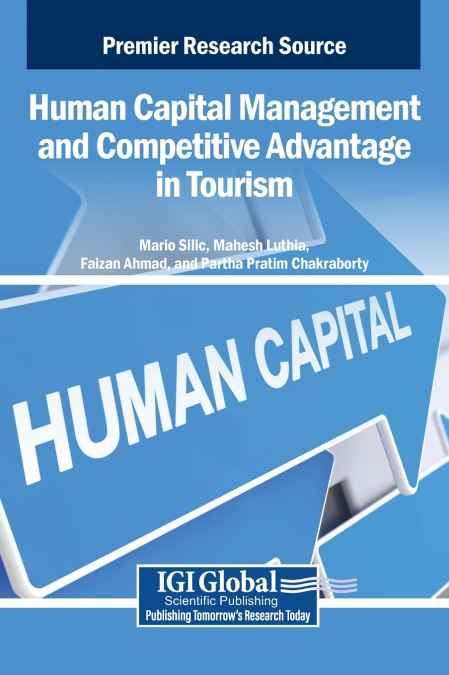
Human capital management (HCM) plays a pivotal role in shaping competitive advantage within the tourism industry, where service quality, customer experience, and innovation are key differentiators. As tourism becomes competitive and globalized, the ability to attract, develop, and retain skilled workers is essential for businesses. Effective HCM strategies, like investing in employee training, fostering a positive organizational culture, and leveraging technology for talent management, can empower organizations to enhance service delivery, improve operational efficiency, and adapt to changing market demands. In an industry where human interactions often define success, creating a workforce that is not only skilled but also motivated and customer-centric can be the difference between thriving and surviving. The strategic management of human capital has become an integral part of achieving long-term sustainability and growth in the tourism sector. Human Capital Management and Competitive Advantage in Tourism explores the role of sustainable human capital management in developing a competitive advantage for the tourism sector. It presents frameworks, tools, and approaches by integrating theory and practice to support human development in the sector through new technology and contemporary human development. This book covers topics such as human capital, talent management, and digital technology, and is a useful resource for business owners, economists, engineers, academicians, researchers, and data scientists.